This article by John Morton, DSS, was first published in the New Day Herald in September, 2011.
If we were fully conscious, all of us, there would be no hurt. And part of that is that we as spiritual beings have the ability to transcend it. The ability to be free of pain, free of hurt, free of negativity is who we are spiritually, and we in MSIA want to be more conscious of what that is.
Of course, you wouldn’t say anything hurtful if you were in your right mind. If you were aware of what that does, you wouldn’t do it. It is not who anybody truly is to hurt somebody; nobody is really like that. So it may be that the more accurate statement in a hurtful incident in your marriage (or any other relationship) would be, “This is not like you. This is not like me. Something is going on here that is really not who we are.” And we may have the awareness to know that this doesn’t feel like the loving and the sacredness and the joy of who we are, that this is some distortion, some lapse.
And perhaps our best move is to stop—to just stop it and not do it—because we have the awareness that this is not who we are, this does not work. It never works, and if we do it now, it’s like we’re now introducing hurt, a hurt that has repercussions beyond the present.
Is that what you want to do? If not, let it end here. This is the balancing action of what you had no business doing, that’s not your responsibility on this level as a co-creator with God. You’re not here to foment hurt. So when you do, it comes back to teach you so that you can say, “Thanks. I got the message. I learned my lesson. I won’t do that again.”
That’s the angel at the gate speaking, the one who knows, “I don’t ever want to do that again. And I will be the consciousness that will refuse. So if another opportunity comes up to hurt, I’ll say, ‘No, I know what that is. I don’t like that. I’m not here to do that. I’m not part of that. No. I refuse to participate in hurt.’”
The more likely scenario is, we do it anyway, particularly because our conditioning would allow us to be a reactive consciousness, along the lines of “I don’t like the way you looked at me.”
What are you doing here?
“I’ve conditioned myself so I like certain looks and I don’t like certain other looks, and then when those certain looks happen that I don’t like, I attack them.”
Really? You attack them? Why?
“They shouldn’t be.”
Who says? It is what it is.
There’s a place in the Bible that says something like “the evil of today is enough.” So somebody understood that “this isn’t working. Let’s be done with the negativity we created. Let’s not create more of this. There’s no purpose in it. It doesn’t work.”
It never works, and there’s the wisdom. And if the sentence is forty whacks and you get it on the second whack, why don’t you take the full forty? You might just say, “I got the message. Thirty-eight more whacks really aren’t going to serve any purpose other than I know I created it. But if the purpose is that I learn my lesson, I learned it.” That’s where mercy, grace, and pardoning come in.
Do you enjoy administering the whacks? Probably not, and if you do, there’s karma there. It’s as if you are saying that you enjoy inflicting pain. That may be to compensate for how much you hate yourself, because this hurtful thing is not a winning action, especially at the verbal level. So then you have to have the wit to just stop it.
Then the other person may say, “If you’re not going to fight fair, then I’m going to pull out my special fight.”
You may go, “I’m not antagonizing you. I just don’t want to fight.”
“Well, that makes me more mad. I like you when you fight. It leads to making love. Somehow it reminds me that I really love you.”
“But there’s a better way to remind yourself about that than hurting somebody.”
You set the tone for yourself about what kind of marriage you want: “I don’t want a marriage where hurtful things are being said. That’s my preference. Can we communicate about this?”
There’s also a great opportunity there. How could I show you my loving? I do something that, if it was up to me, purely on my terms, I wouldn’t do that. But the reason I’m doing it is because I love you. So I’m displacing what I want, my personal interest, and in my love, I give myself over to what you want, to what your interest is. And in my loving, that’s a great experience.
Your jealousy, envy, and keeping score is not a great experience. That’s something like, “This week I’ve done seventeen things for you. You’ve only done eight things for me.” What kind of game is this, where you measure? As soon as you get into measuring, you’re into conditionality. And if someone says, “Give me a list of why you love me,” it may be better to just say, “You know, it’s a decision I made. I love you. It’s not about what you do or don’t do, what you say or don’t say, or how you look. It’s a decision. I made it, and I’m standing by it.”
You can get to the loving of who you are, and that translates as, “This is how I love myself, this is how I love God, and you’re in it, in a great place. And there’s no place where this love is not.”
My evidence for this is that out of God came all things. And there was never a moment where God said, “Whoops, shouldn’t have done that. I let that one go, that was a mistake, watch out for that, that’s a loose error.” No, it’s set in motion so the result is always loving. That’s what’s first.
Knowing that about yourself, you then realize, “Well, that’s how my marriage is. It’s always loving. And sometimes, because of my conditioned nature as a human being, I forget, I trip, I lapse, I say a hurtful thing. And the correctness is that this is not like me, this is not who I am, this misrepresents my loving for you.”
And if your partner already knows that, there’s a great love: “There’s nothing you can do or say that challenges my loving for you. It’s done, it’s over, I love you. But if you do those things, I don’t participate in them because the way to love you is not to get involved in your way of expressing hurt.”
When a person understands that, then they really appreciate that. If they are in their conditionality, they may say, “So that’s the way you love me. You stand back when I really need you in my moment of weakness.” Then watch out. Someone is trying to set you up for the fall, to prove your loving.
Loving proves itself. If you don’t get it, it’s like standing in front of the sun and saying, “I don’t get the sun.” But the sun is doing what it does, and somehow you’re denying it or you don’t get it. That’s an honest statement, but it says there’s something about you that’s closed off, that’s not connected to what the sun is, because if you were connected and aware and conscious, you’d get it.
And that’s your love. If you’re aware and conscious, you’d get it. That’s amazing because it never becomes dependent on anybody else. And it is a decision you can make.
Baruch Bashan.
WATCH A BLESSING OF INFINITE LOVE BY JOHN MORTON





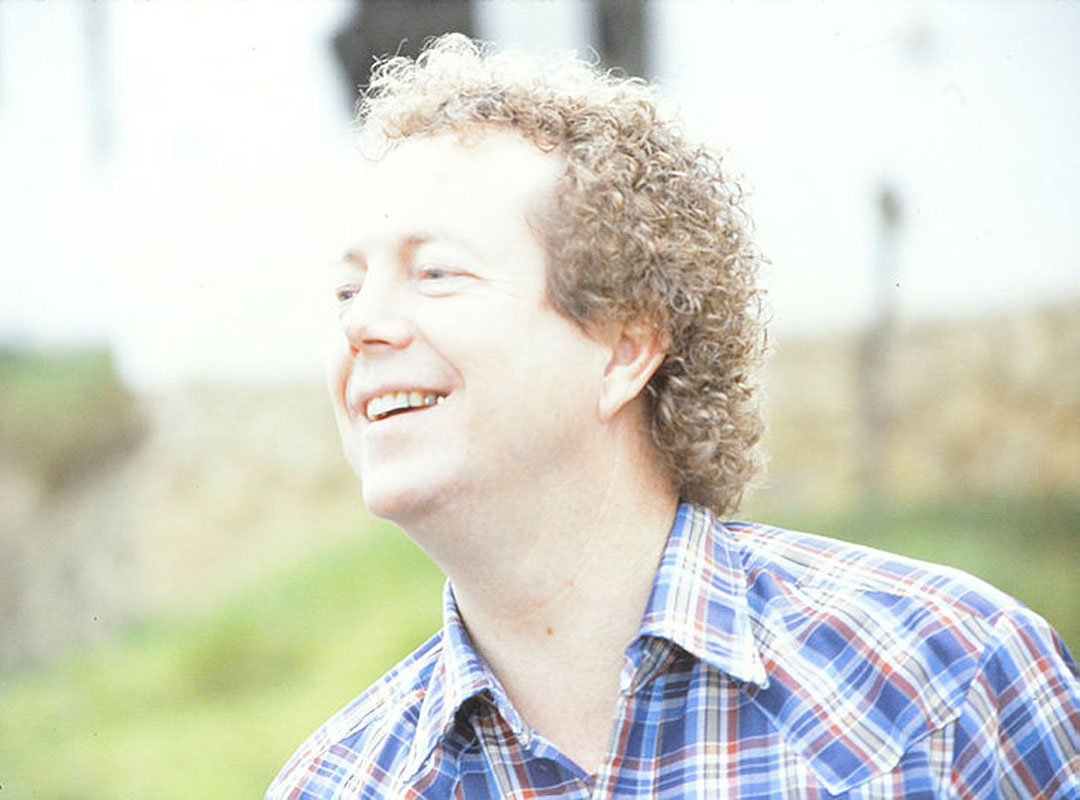
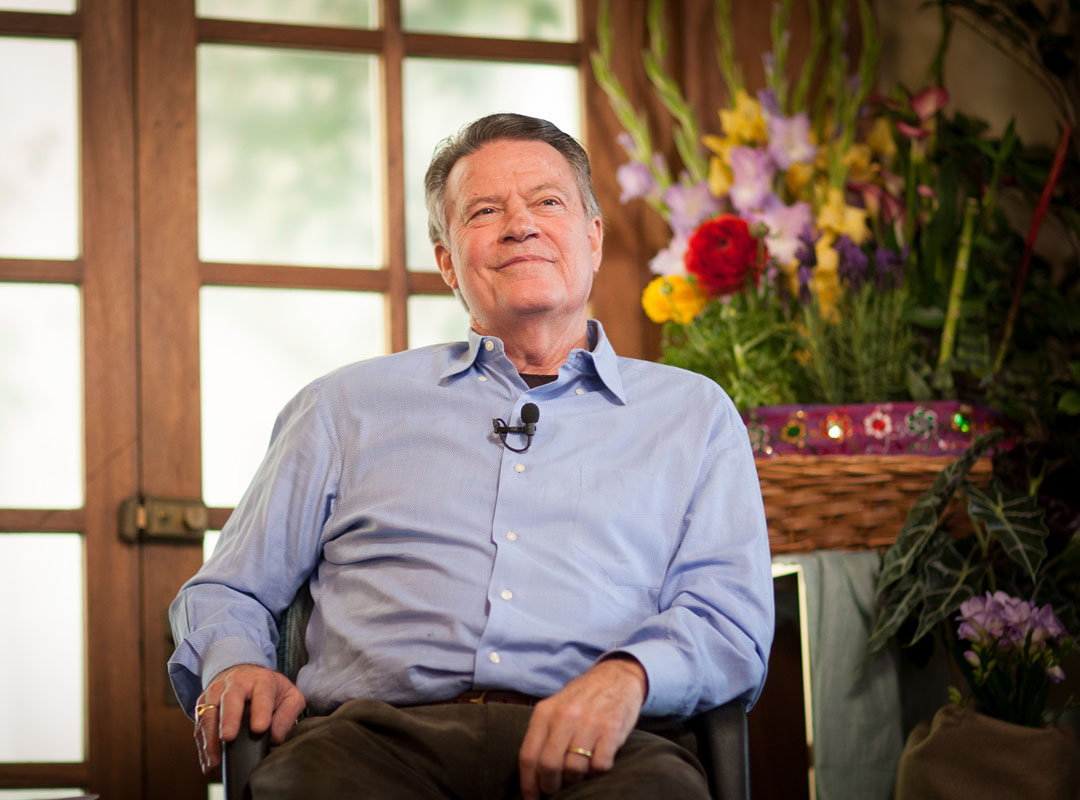
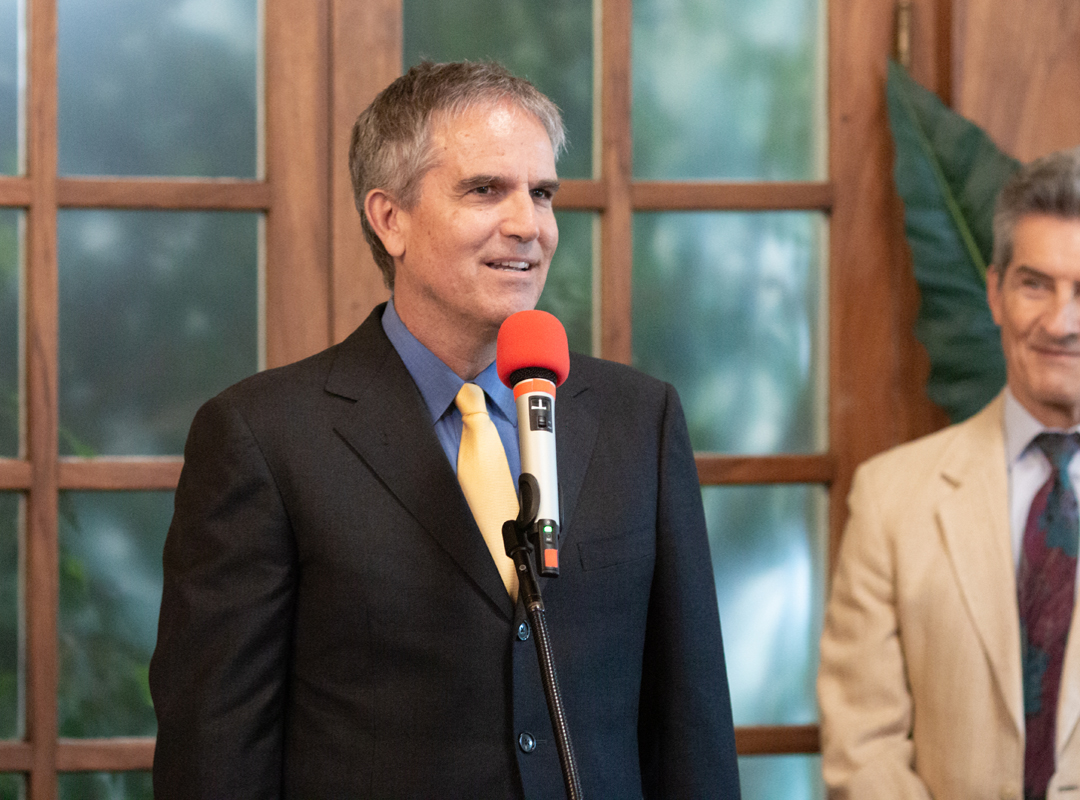
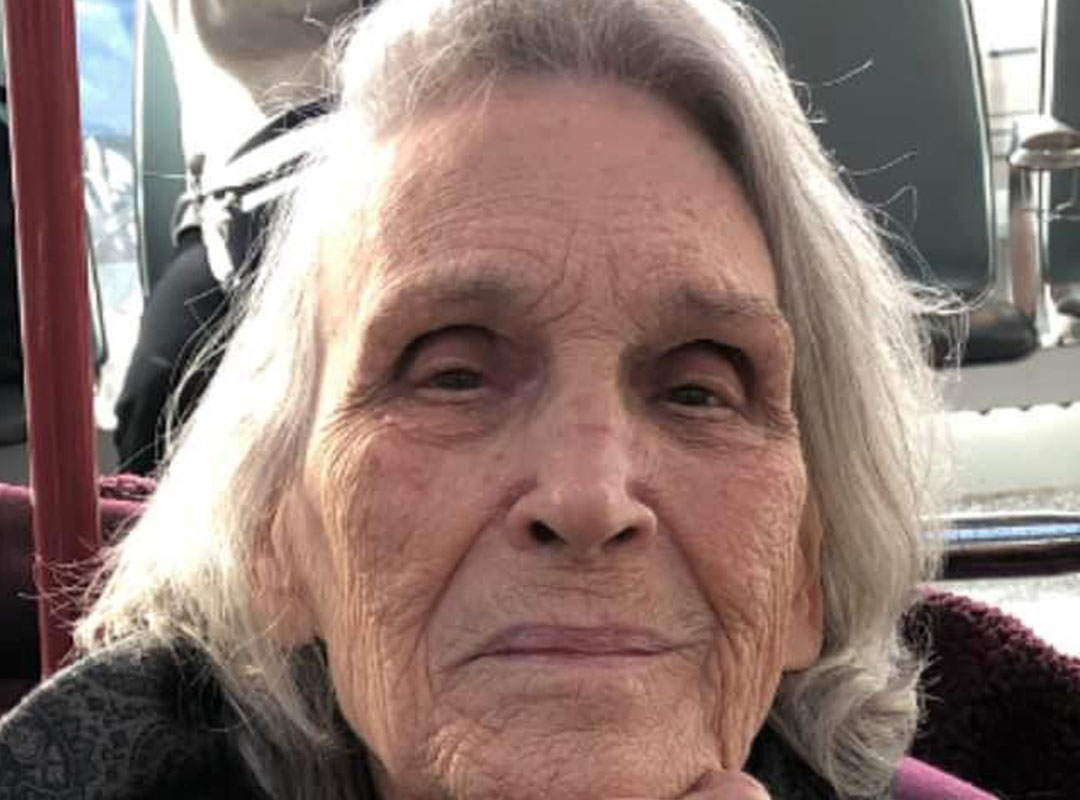
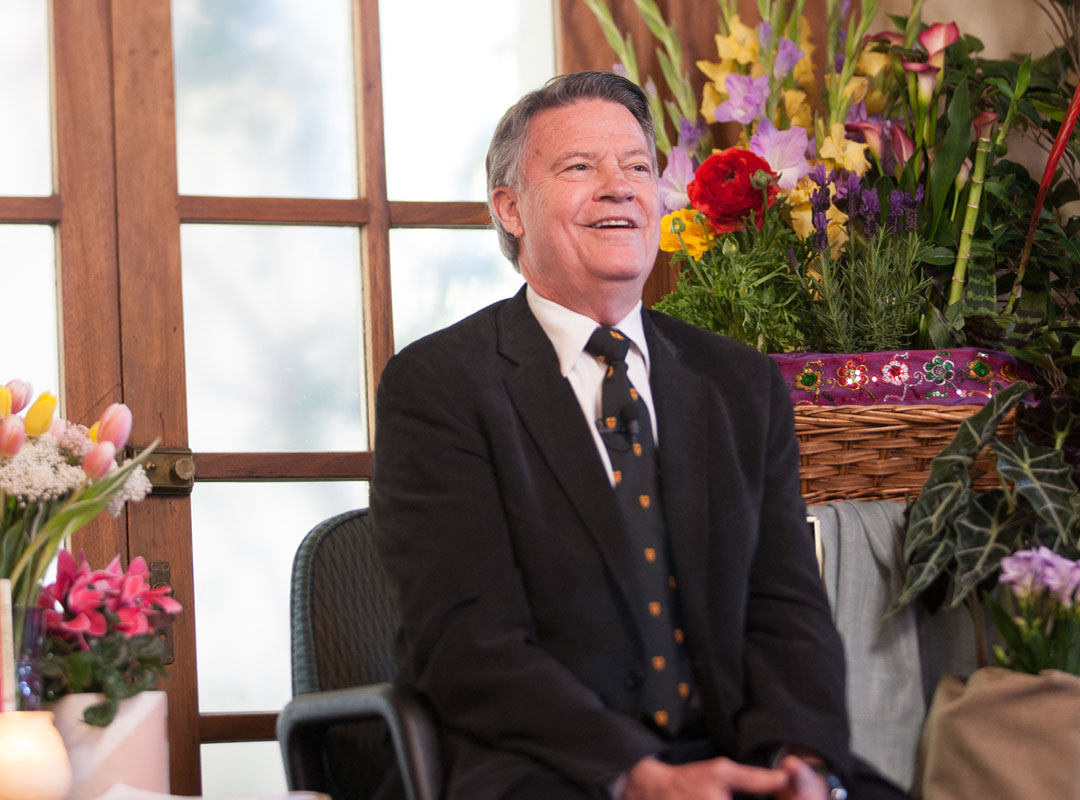



Gracias. Sus contenidos me enseñan realmente lo que es la vida. Bendiciones